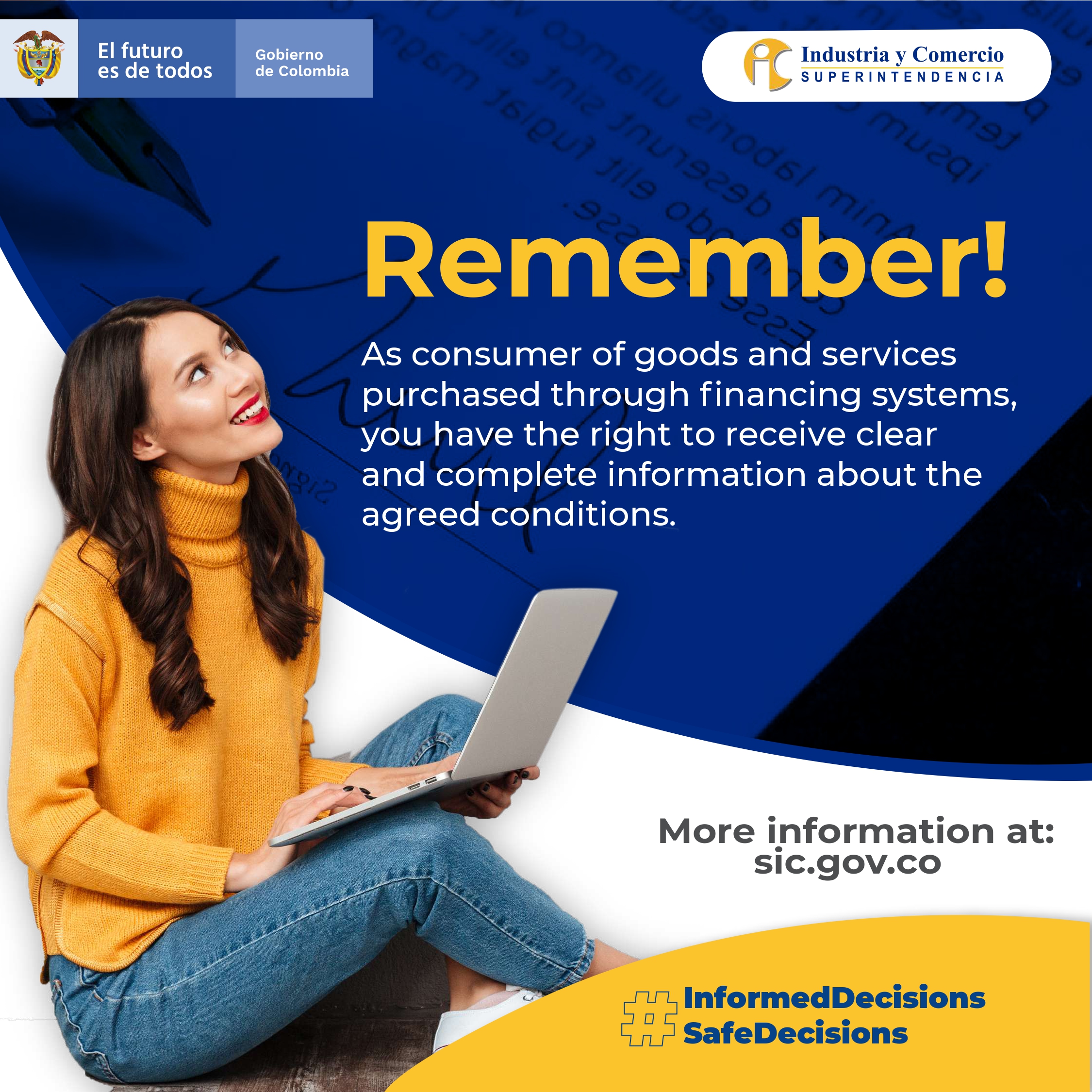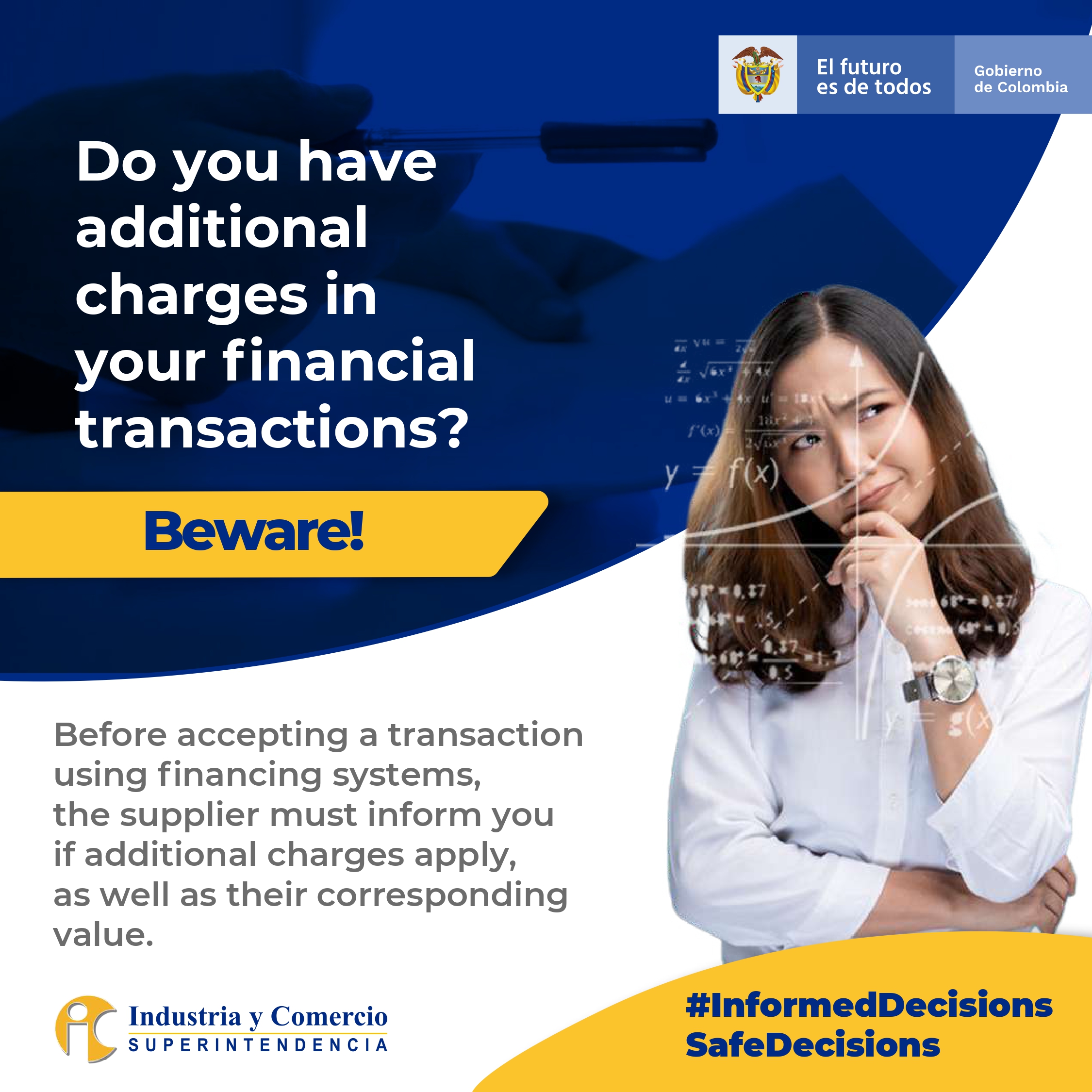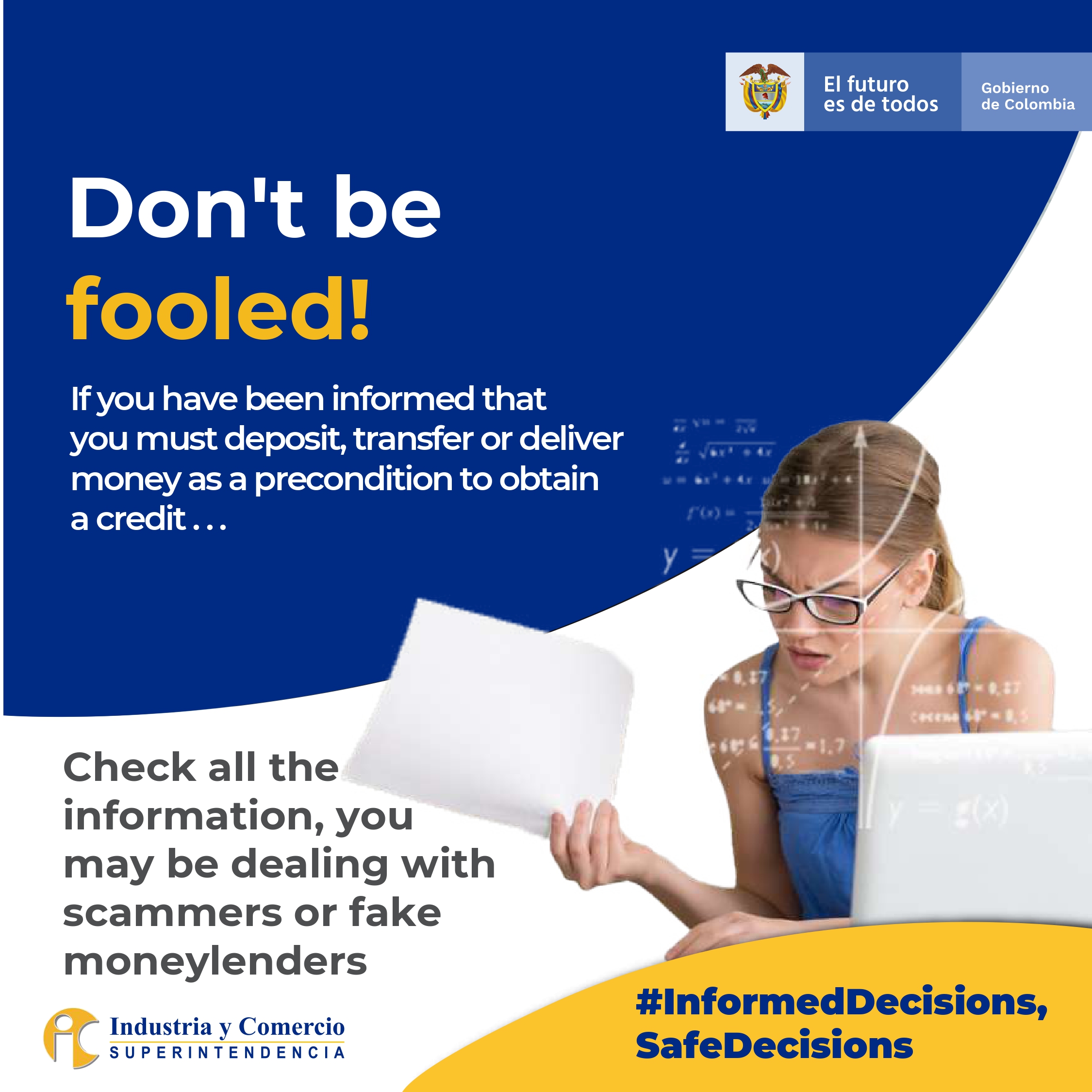Avoiding scams
Important: ICPEN is not responsible for the quality, validity and accuracy of information published on these websites. Links to other websites are provided for convenience and do not constitute endorsement of material at those sites or any associated information, product or service
Definition
The term 'internet scam' is a general way to define the different types of fraud that consumers face when using the Internet. Scammers use technical tools or 'social engineering' techniques to compromise consumer's personal information with different objectives, but normally with the intention of getting consumer's money.
Fraud Prevention Month 2022
Be an informed financial consumer: frauds, misleading, or incomplete information faced by consumers when transacting with the financial sector. Importantly, make #InformedDecisions when buying goods and services purchased through finance systems.



Reporting international scams
Government oganisation websites
- Australia - Scamwatch
- Australia - ACSC
- Australia - Meet the Scammers - reported by Sean Rubinsztein-Dunlop, aired Monday 11th February 2019 at 8.30pm. It can also be seen on ABC NEWS channel on Saturday at 8.10pm AEST, ABC iview and at abc.net.au/4corners.
- Canada - Canadian Anti-Fraud Centre
- Canada - Royal Canadian Mounted Police
- Europe - Europol
- The Netherlands - Fraud Help Desk
- The Netherlands - Authority for Consumers and Markets consumer information portal ConsuWijzer. Check out their Online Shop Check videos below:
Remote video URL
|
Remote video URL
|
Remote video URL
|
Remote video URL
|
Remote video URL
|
- New Zealand - How to report scams
- New Zealand - Tips for avoiding spam
- Saudi Arabia - Scam.sa, an awareness portal against financial scams. Read more here.
- United Kingdom - Action Fraud National Fraud & Cyber Crime Reporting Centre
- United Kingdom - National Trading Standards eCrime
- United Kingdom - Citizens Advice
- United States - ConsumerFTC
- United States - FTC Report Fraud
- United States - FBI Internet Crime Complaint Center (IC3)